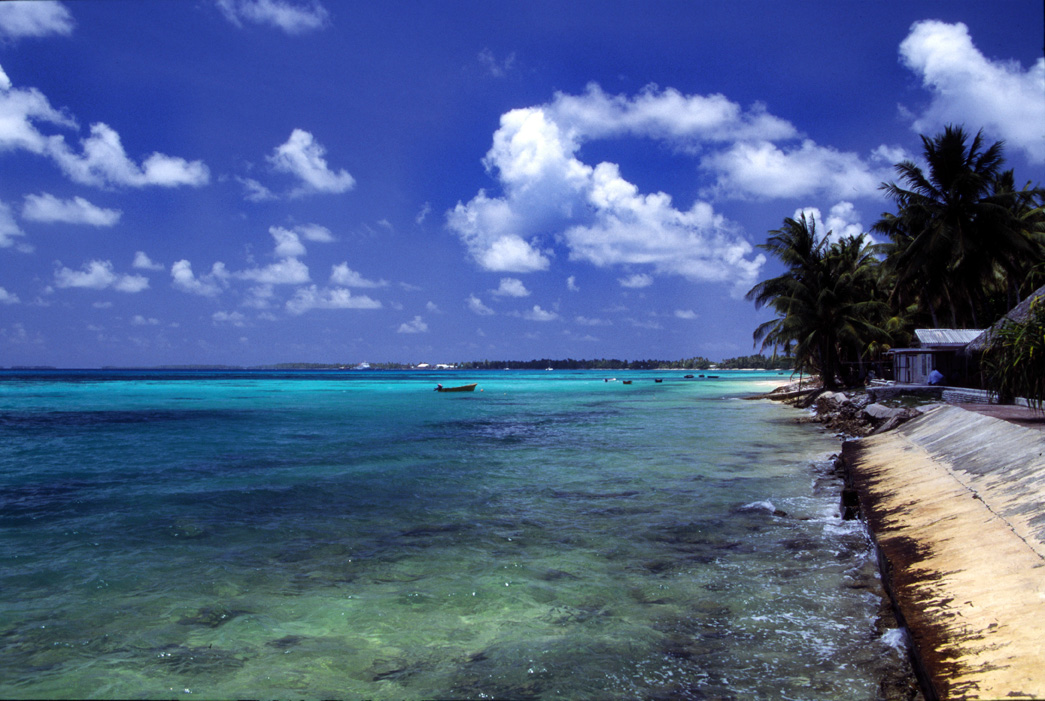Though despondent after the UN climate change talks in Copenhagen failed to strike a legally-binding deal under the UN Framework Convention on Climate Change (UNFCCC) process, he said for the "sake of our people, my country and Africa we have to continue to engage the world."
After negotiating through the night on 18 December through to most of 19 December an inconclusive agreement called the Copenhagen Accord was reached outside the UNFCCC process between a group of only 28 countries.
The next big round of UNFCCC talks is due in Mexico in December 2010, which could be moved ahead to the middle of the year, according to various official and non-official sources.
For Jarju, a real deal now would have meant a lot. He has invested four years in the negotiations as The Gambia’s UNFCCC focal point and heads the poor West African country’s Department of Water Resources.
Sixty years of meteorological data show that the country has been recording a higher frequency of droughts and severe flooding. Erratic rainfall has seen food production decline in the past few years. The food and fuel price hike in 2008 has made food expensive.
By the turn of the century, the country could be under threat. The thin finger of land, extending inland from the Atlantic Ocean faces a significant threat from sea level rise as a result of global warming. (Details: http://unfccc.int/)
"A one metre rise in sea level [...] will submerge our capital city Banjul," Jarju said.
Salt water intrusion up the River Gambia which flows into the Atlantic is already a problem, as is a "gradually shrinking water table in some areas," commented Jarju.
Kim Carstensen, WWF director, said the failure to reach a meaningful deal had derailed the rest of the process. “The discussions around the adaptation track had been coming along well – a text could have been endorsed by the conference.”
William Kojo Agyemang-Bonsu, Ghana’s climate change envoy said talks around adaptation had been stalled and he had been “frustrated by the process.”
But negotiators agreed that they had good texts on adaptation and transfer of technology to build upon in the next few months.
Nevertheless, Gambia’s Jarju said “It is getting harder and it is going to get worse.”
jk/bp
This article was produced by IRIN News while it was part of the United Nations Office for the Coordination of Humanitarian Affairs. Please send queries on copyright or liability to the UN. For more information: https://shop.un.org/rights-permissions




